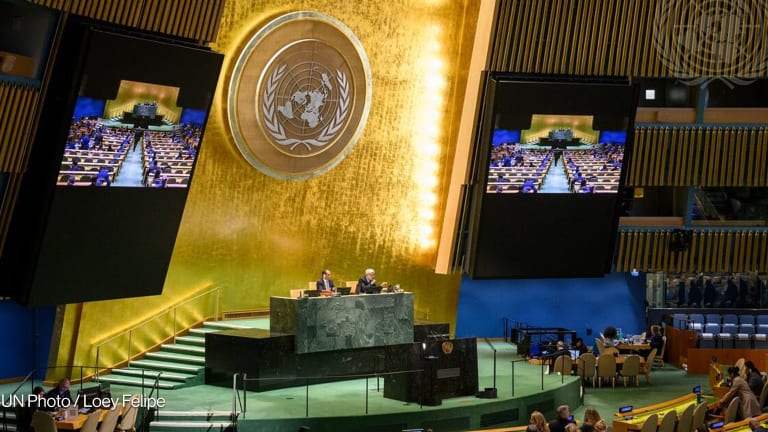World Health Organization member states adopted the WHO Pandemic Agreement on Tuesday, after more than three years of negotiations.
The adoption follows a committee meeting, where the majority of WHO member states voted in favor of adopting the treaty in a meeting in Geneva that stretched late into the evening on Monday.
In a vote called for by Slovakia at the 78th World Health Assembly, 124 countries voted in favor of the resolution to adopt the long-awaited pandemic treaty — a sweeping effort to fix the global failures exposed by the COVID-19 pandemic.
Printing articles to share with others is a breach of our terms and conditions and copyright policy. Please use the sharing options on the left side of the article. Devex Pro members may share up to 10 articles per month using the Pro share tool ( ).




